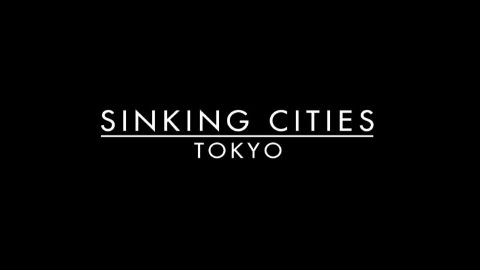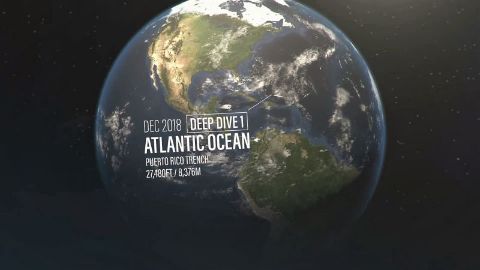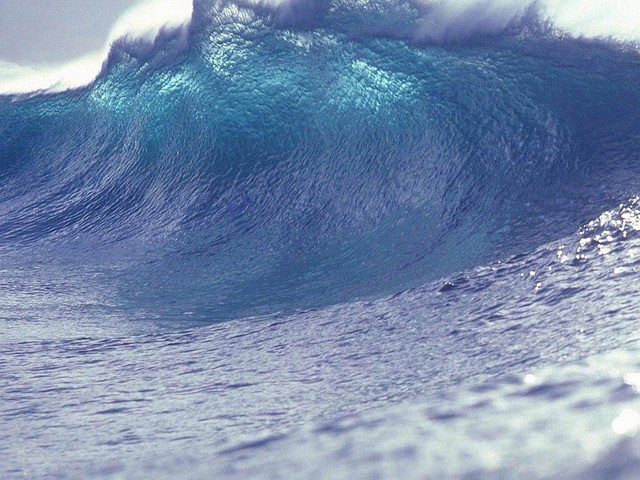How to Change the World • 2015
This feature documentary tells the story of the story of the pioneers who founded Greenpeace and defined the modern green movement. In 1971 a brave group of young activists set sail from Vancouver in an old fishing boat. Their mission: to stop Nixon's atomic bomb tests in Amchitka, a tiny island off the west coast of Alaska. It was from these humble but courageous beginnings that the global organisation that we now know as Greenpeace was born. Chronicling the fascinating untold story behind the modern environmental movement and with access to dramatic footage that has not been seen for over 40 years, this gripping new film tells the story of eco-hero Robert Hunter and how he, alongside a group of like-minded and idealistic young friends in the '70s, would be instrumental in altering the way we now look at the world and our place within it. These campaigning pioneers captured their daring and sometimes jaw-dropping actions on a range of film cameras and Greenpeace granted acclaimed director Jerry Rothwell access to this vivid archive to make his thrilling, sometimes terrifying film. Greenpeace was born in 1971 when a ragtag group of journalists, hippies, and scientists living in Vancouver tried to stop a US atomic test. Fortunately, they were media savvy from the beginning, capturing their seat-of-their pants activist adventures on film. The youthful energy is palpable in action-packed scenes, including one in which activists confront a Russian whaling ship in a tiny Zodiac dingy. Soon, though, idealism comes up against reality, compromise, human nature, and the complexities of managing a growing organization. This insightful film is also a vibrant, moving reflection about the ongoing struggle to balance the political and the personal.
Make a donation
Buy a brother a hot coffee? Or a cold beer?
Hope you're finding these documentaries fascinating and eye-opening. It's just me, working hard behind the scenes to bring you this enriching content.
Running and maintaining a website like this takes time and resources. That's why I'm reaching out to you. If you appreciate what I do and would like to support my efforts, would you consider "buying me a coffee"?
Donation addresses
BTC: bc1q8ldskxh4x9qnddhcrgcun8rtvddeldm2a07r2v
ETH: 0x5CCAAA1afc5c5D814129d99277dDb5A979672116
With your donation through , you can show your appreciation and help me keep this project going. Every contribution, no matter how small, makes a significant impact. It goes directly towards covering server costs.





